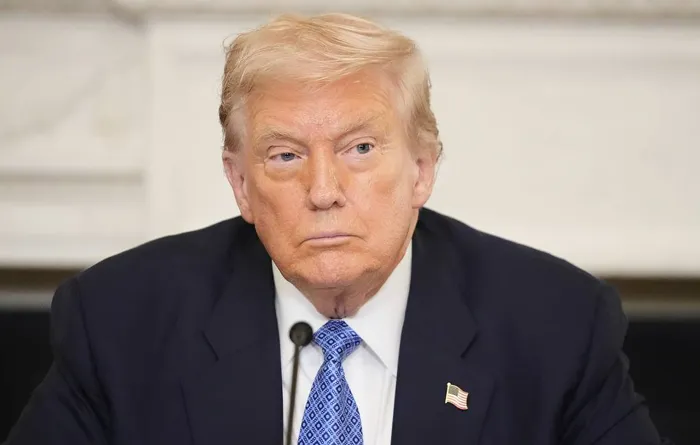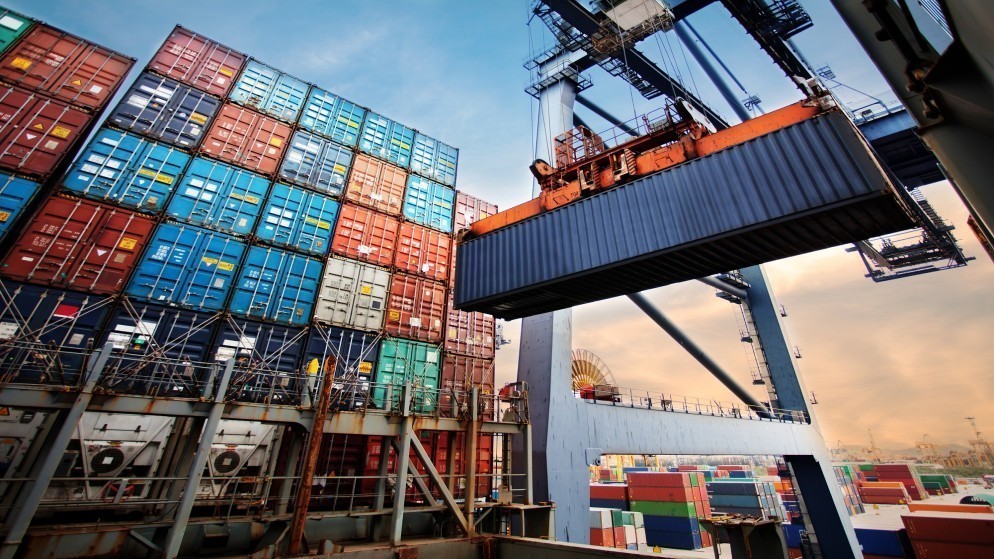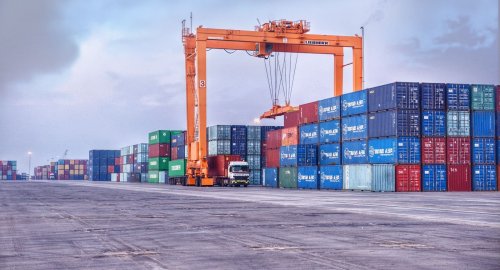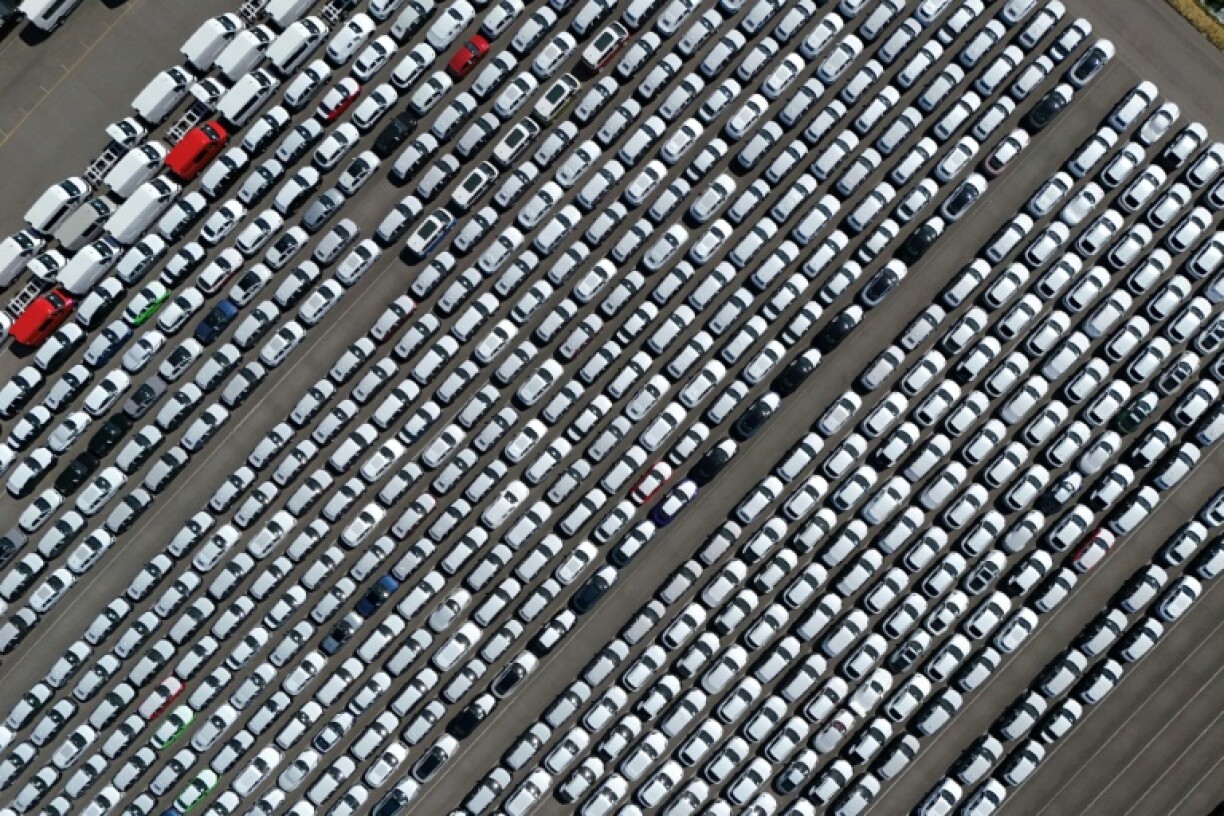Aman- alsharq Tribune- Ibrahim Khawaja
Jordan’s trade volume with Arab Free Trade Zone countries saw a substantial rise, reaching JD 5.628 billion in the first eight months of 2024, compared to JD 5.139 billion during the same period last year. The latest trade data show that Jordan’s exports to Arab Free Trade Zone member countries grew by 13.2%, totalling JD 2.297 billion, up from JD 2.030 billion in 2023. Imports from these countries also rose, increasing by 7.1% to JD 3.331 billion, up from JD 3.109 billion over the same period last year, according to the Jordan News Agency (Petra). These figures establish Arab Free Trade Zone countries as Jordan’s primary trading partners, representing 40.7% of the Kingdom’s total exports by the end of August. Data from the Department of Statistics indicate that Jordan’s trade deficit with the Arab Free Trade Zone countries has slightly decreased, reaching JD 1.034 billion, down from JD 1.079 billion in 2023. The data also highlight that Jordan achieved a trade surplus with several Arab countries, including Oman, Lebanon, Yemen, Libya, Qatar, Morocco, Kuwait, Palestine, Algeria, Iraq, and Bahrain. However, Jordan recorded trade deficits with Saudi Arabia, the UAE, Egypt, Syria, Tunisia, and Sudan. Saudi Arabia remained Jordan's largest export destination within the trade zone, with exports amounting to JD 742 million, followed by Iraq at JD 563 million and the UAE at JD 191 million. Additionally, Saudi Arabia topped Jordan’s import sources, with imports reaching JD 1.921 billion, resulting in a trade deficit of JD 1.179 billion with Saudi Arabia. Jordan’s exports to the Arab Free Trade Zone countries primarily comprise fertilisers, pharmaceuticals, fresh and frozen agricultural products, salts, skincare products, food preparations, furniture, textiles, clothing, and paints. Imports from the trade zone include crude oil and its derivatives, jewellery, food products, plastic sheets, titanium dioxide, polyethene, polystyrene, iron, and related products. The Arab Free Trade Zone, a trade alliance aimed at fostering economic integration through reduced tariffs, officially commenced in January 2005 and currently includes 18 member countries.








.png?locale=en)












